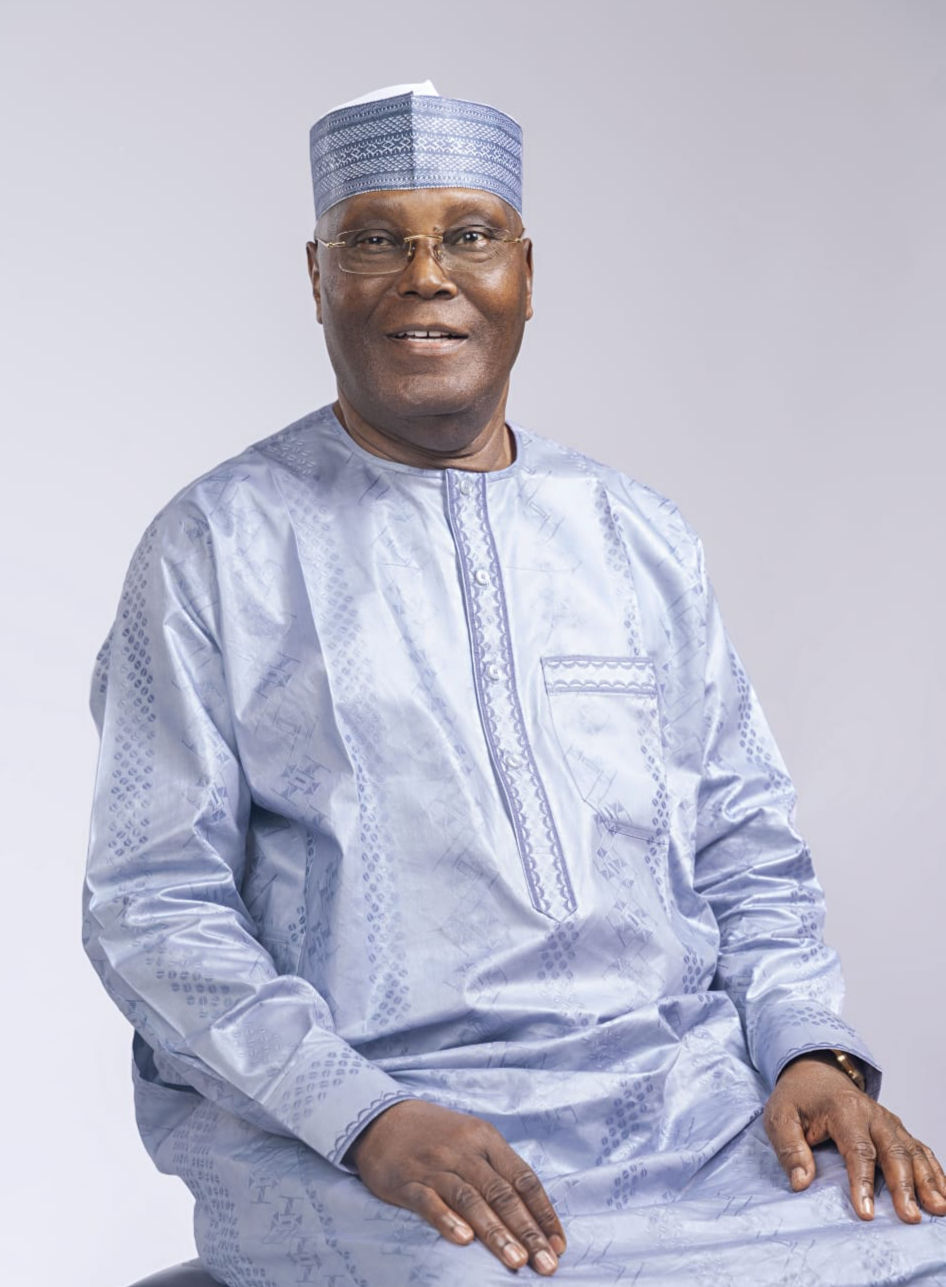NYFA LEADERS' EVENING DIGEST
- Oyediran Titilope
- Sep 12, 2025
- 2 min read

THE FOLLY OF PROGNOSTICATION: A CRITIQUE OF ODENTA ODENTA'S UNFOUNDED ELECTORAL PREDICTION
The inimitable Odenta Odenta, whose grasp of logic and reason appears to be inversely proportional to the certitude with which he proclaims his prognostications. His assertion that no Northerner will win the 2027 election is a tour de force of bewildering non sequiturs, a veritable masterclass in the art of unfounded speculation. One is left agog, wondering what manner of crystal ball or augury he employed to arrive at this remarkable conclusion.
In the first place, Odenta's sweeping generalisation betrays a profound ignorance of Nigeria's complex and mercurial electoral dynamics. The notion that the Northern region, with its vast and diverse population, can be reduced to a monolithic voting bloc, impervious to the vicissitudes of politics, is a risible simplification. One would think that a modicum of historical awareness would caution against such hubris, given the numerous instances of unexpected electoral outcomes that have dotted Nigeria's democratic landscape.
Furthermore, Odenta's prognostication is predicated on an unarticulated assumption that the Southern region's voting patterns will remain static, unaffected by the shifting sands of politics. This ignores the very real possibility that unforeseen events, economic or otherwise, could recalibrate the region's electoral priorities, thereby upending his facile predictions. It is a truism that elections are won and lost on the basis of a multitude of factors, including candidate appeal, party machinery, and campaign strategy – all of which are liable to change in the intervening years leading up to 2027.
One is also struck by the implicit determinism that undergirds Odenta's assertion, as if the outcome of future elections is foreordained, rather than being the result of a complex interplay of human agency, policy decisions, and chance events. This deterministic worldview is at odds with the fundamental principles of democratic participation, which presuppose that citizens have the capacity to shape their own destiny through the ballot box.
More so, Odenta's claim is bereft of empirical support, resting as it does on an unsubstantiated assertion, rather than a rigorous analysis of electoral trends or demographic data. In the absence of such evidence, his prediction amounts to little more than a shot in the dark, a mere expression of personal opinion masquerading as prophecy.
In addition, it is worth noting that Nigeria's electoral history is replete with examples of underdog candidates and unexpected victories, which should caution against the kind of hubris that characterises Odenta's assertion. The notion that one can predict with certainty the outcome of an election two years hence, without regard for the myriad factors that shape electoral outcomes, is a form of intellectual hubris that is as impressive as it is misplaced.
Finally, one is left to ponder the motivation behind Odenta's prediction. Is it a genuine attempt to forecast the future, or merely a form of rhetorical posturing, designed to garner attention or curry favour with certain constituencies. Whatever the case, his assertion serves as a timely reminder of the perils of prediction in the realm of politics, where the only constant is the capacity for unexpected outcomes to upend even the most seemingly plausible forecasts.
TEAM nBAU







Comments